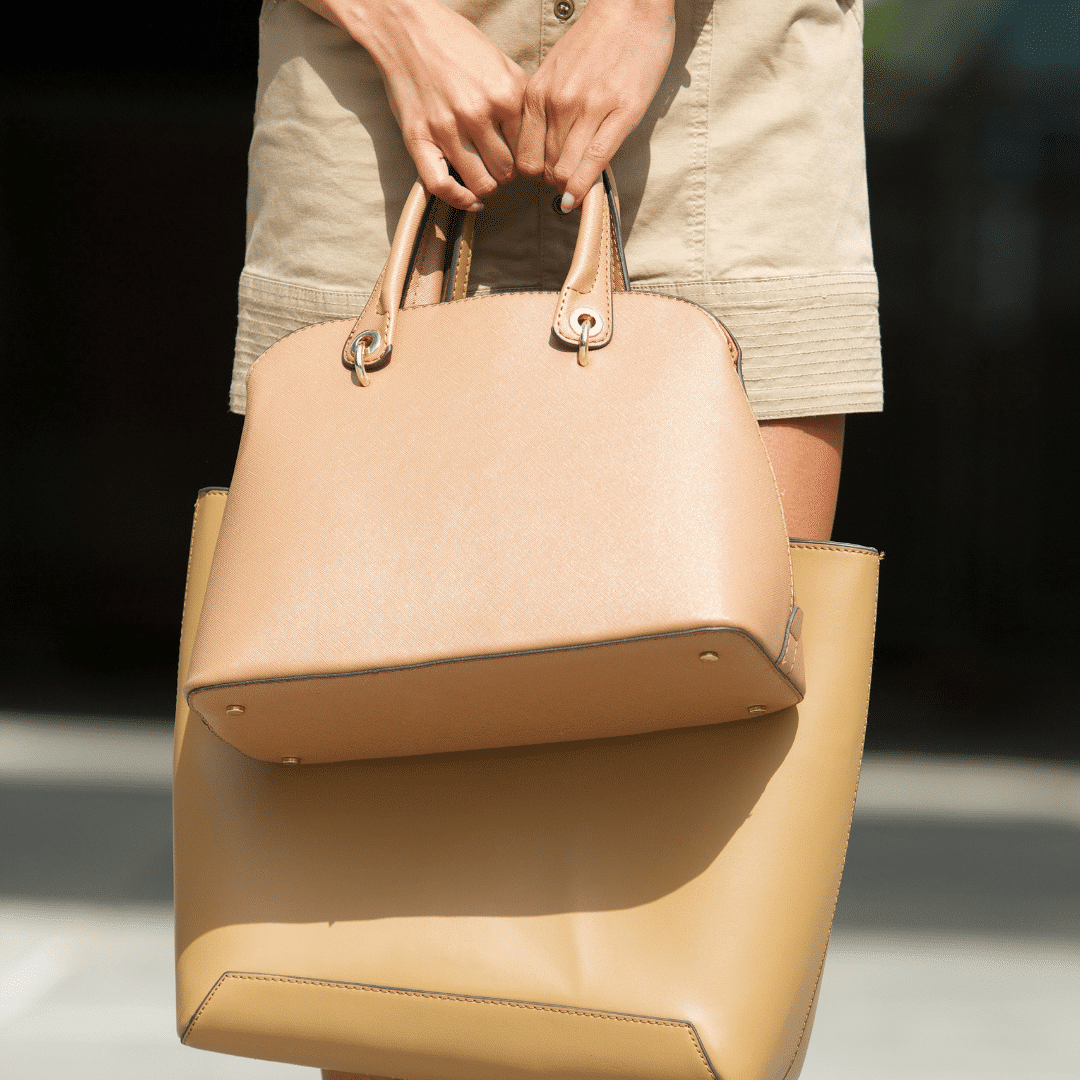Despite being around for thousands of years, pawnshops are at the forefront of one of today’s strongest retail trends—sustainability. According to Thredup’s 2020 Resale Report, shifts that were already afoot in retail and consumer behavior got accelerated over the last twelve months. One thing became abundantly clear during the market disruptions that came about due to the pandemic: consumers everywhere are prioritizing value, convenience, and sustainability more than ever before.
Led by Gen Z, today’s consumers are increasingly focused on sustainability while shopping. Younger shoppers pay far more attention to their carbon footprint than they do to any perceived stigmas associated with secondhand goods. In fact, 80% of Gen Z’ers responded that there was no stigma attached to buying secondhand goods whatsoever, according to the Global Data Consumer Survey.
Resale is more than just a passing phase, it’s big business, currently at $24 billion with a projected jump to $51 billion by 2023. The secondhand market is projected to grow to almost twice the size of fast fashion by 2029, led by designer handbags as the top resellable category.
To better understand how pawnshops represent the best of resale, it’s important to understand how they work. Pawnshops obtain most of the inventory on their shelves from people just like you who bring in items that they don’t want or are no longer using. Instead of going through the risky and time-consuming process of selling their items on an online marketplace, customers walk in with an item of value and walk out with cash in their pocket.
If the customer wants to retrieve that item later, they can use it as collateral for a short-term loan. If they don’t want it back, then they can simply sell it to the pawnshop for cash. Either way, pawn shop transactions are fast and painless and never impact a consumer’s credit.
As a result of all of these transactions, pawnbrokers end up with items on their shelves that are in good condition and have value to someone else. By contrast, throwaway retail culture depletes natural resources and overfills landfills.
The single best thing that all of us can do to reduce our carbon footprint, of course, is to consume less. That doesn’t mean, however, that we have to give up the items that we want. You can still enjoy the quality craftsmanship of luxury goods such as designer handbags, luxury watches, gold and diamond jewelry, the latest electronics, or even a pair of high-end sneakers. Buying them from a pawnshop instead of new extends the life cycle of luxury items like these, making shopping at a pawnshop smart, sustainable, and rewarding.
This article shared courtesy of the Pawnbroker Network.







Recent Comments